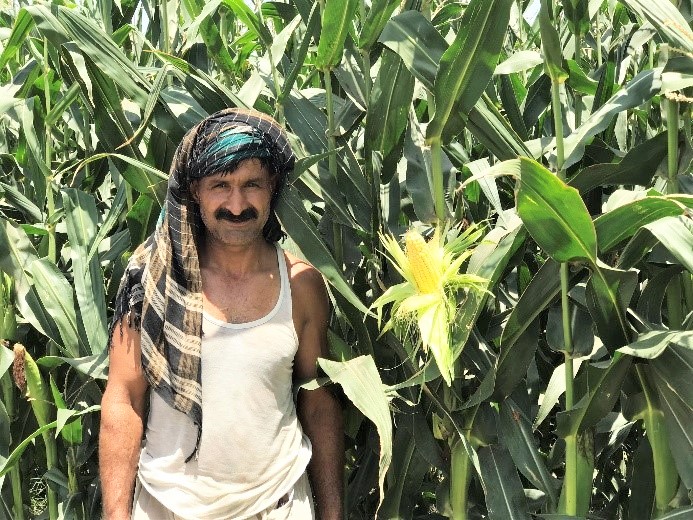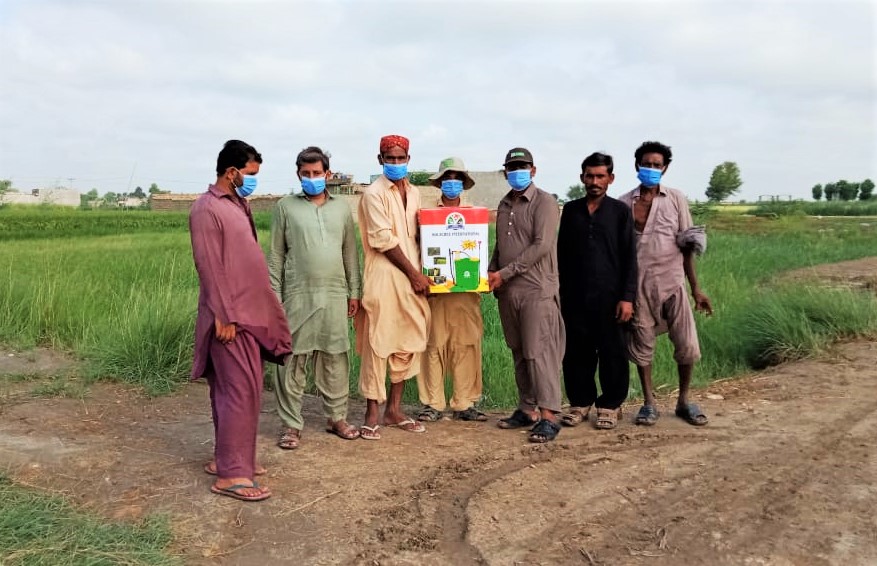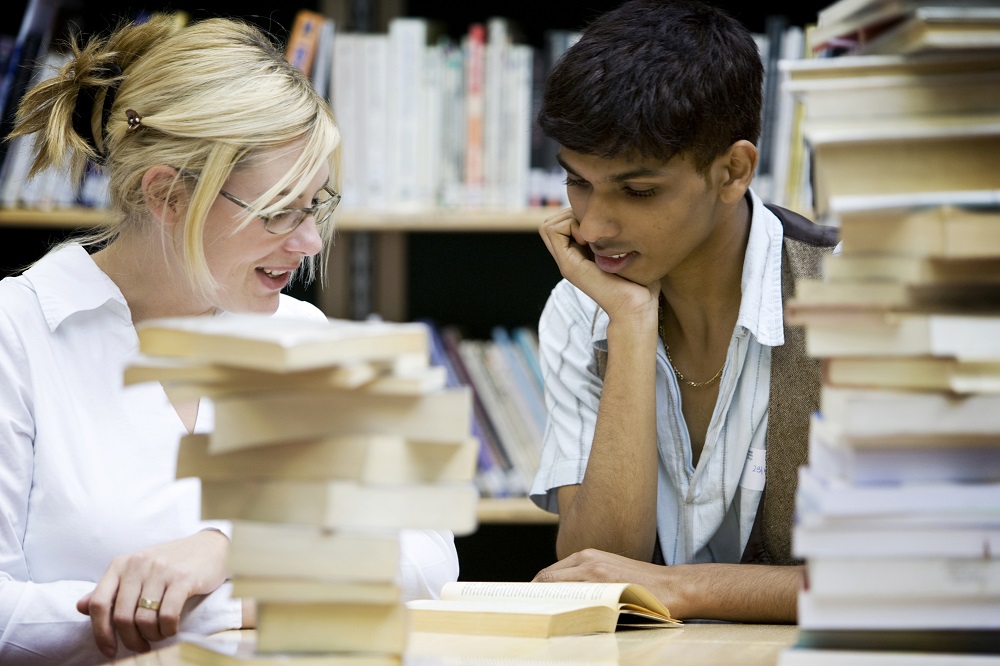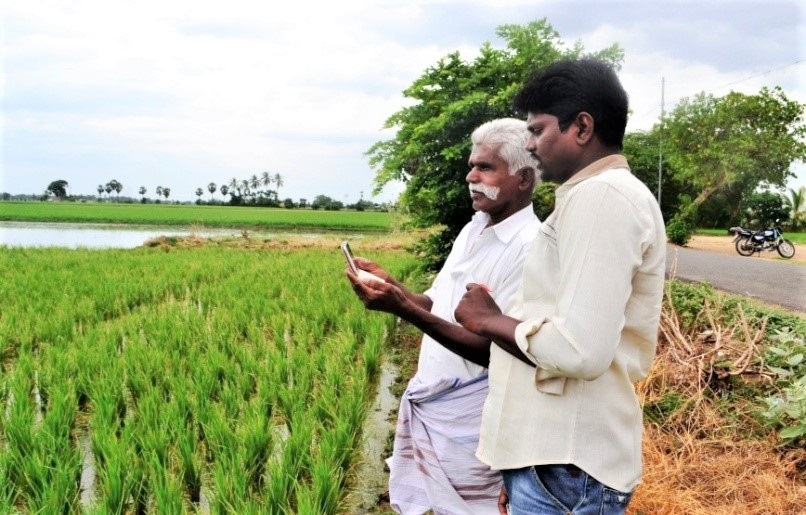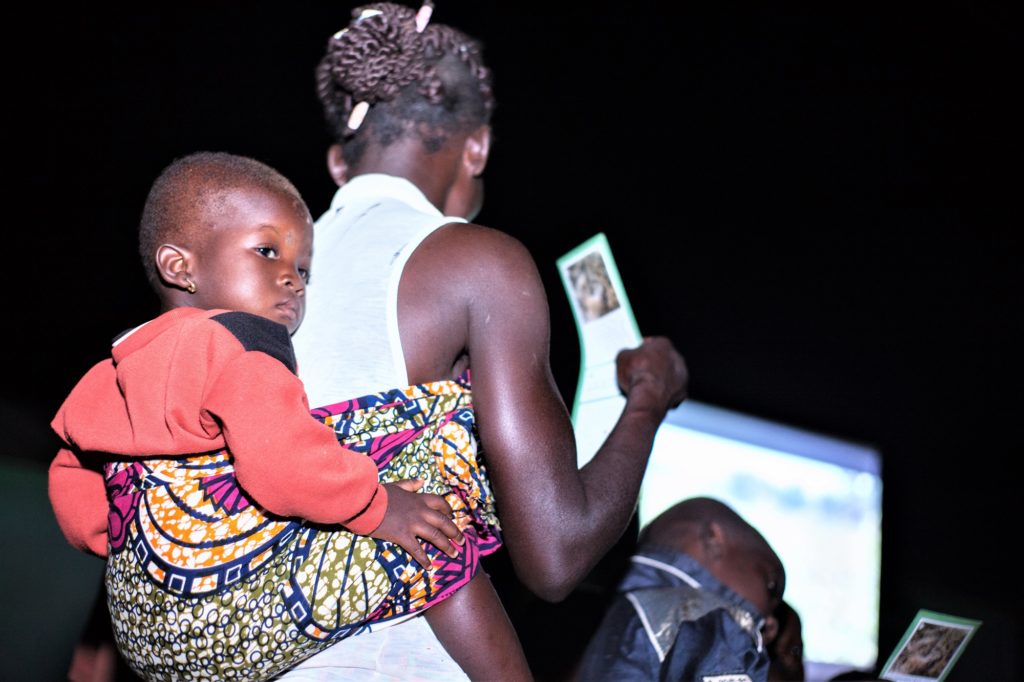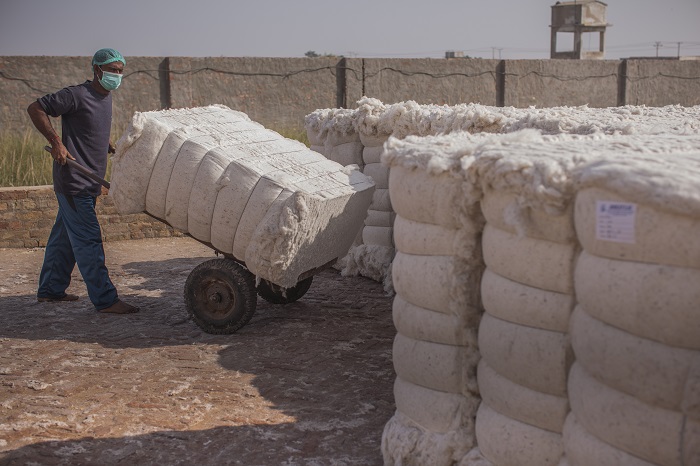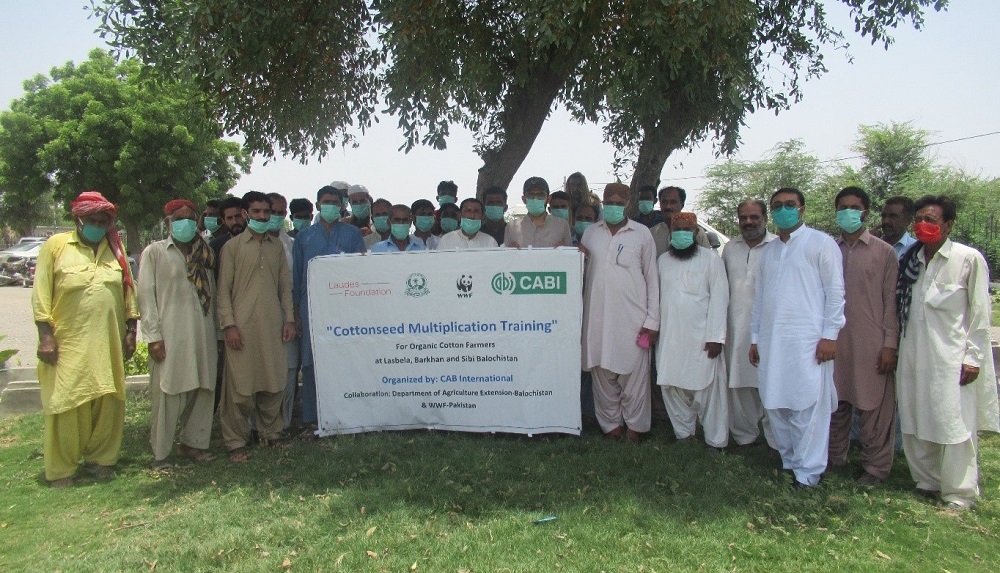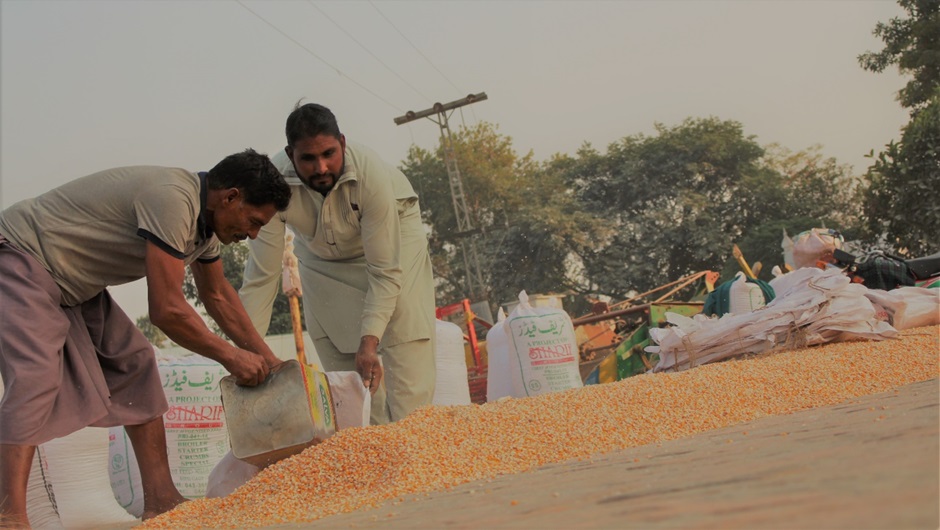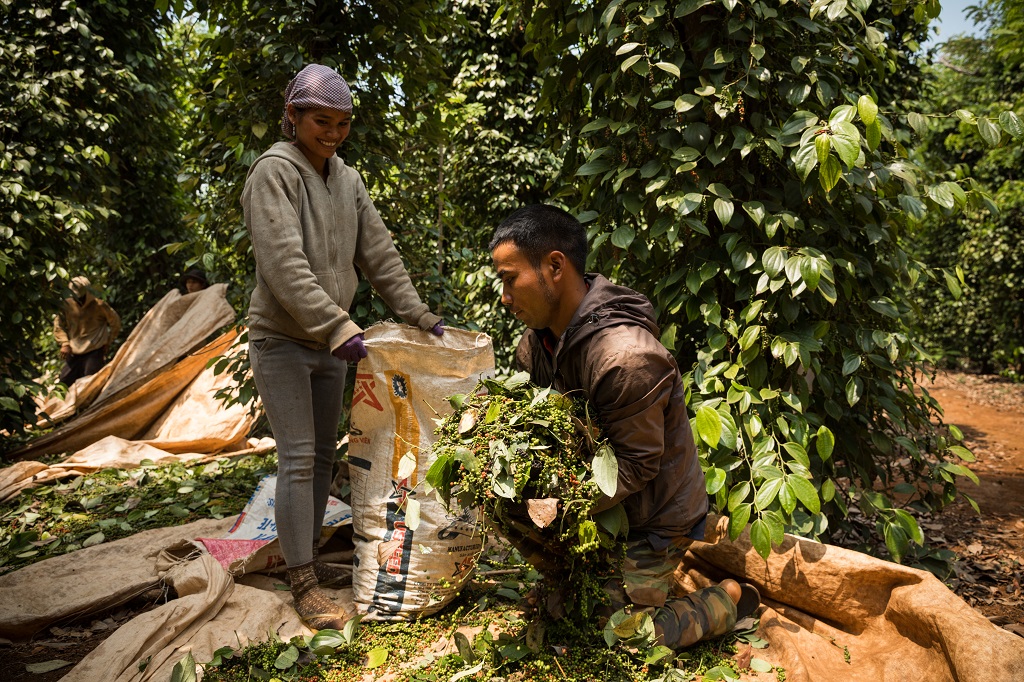CABI Blog
You are here: CABI Blog
Aflatoxin control in Pakistan: A project which will change landscape of country’s maize crop
October 5, 2020
Babar Bajwa, Sabyan Faris Honey
No Comments
Aflatoxin, produced by a poisonous fungus, is a serious threat to food security by contaminating many of Pakistan’s agricultural products, including cereal grains, chilies, dry fruits, nuts and milk.
The advantage of developing ‘linkages’ for Better Cotton Initiative in Sindh province, Pakistan
September 29, 2020
Umair Safdar
No Comments
In agriculture, cotton crop plays a vital role in the economy of Pakistan as the fourth biggest producer in the world behind China, India and the United States. But cotton yields and livelihoods are at risk from a range of pests such as Whitefly, Thrips, Cotton Mealybug, Pink Bollworm, and other sucking and chewing type…
CAB Thesaurus reaches new milestone with over 3 million terms/labels
September 22, 2020
Anton Doroszenko
No Comments
The 2020 edition of CAB Thesaurus has been published after reaching a significant milestone – it now includes more than 3 million terms/labels with special focus given to the needs of Plantwise, Compendia, VetMed Resource, and the Global Health and the CAB Abstracts databases.
‘Seeing is Believing’: An innovative concept of bundling agricultural services for the benefit of smallholder farmers
September 3, 2020
Akanksha Nagpal, Arun Jadhav
No Comments
By Akanksha Nagpal & Arun Jadhav Smallholder farmers in India are increasingly exposed to climate change and extreme weather events. Research on innovative strategies and tools to improve agricultural risk management is the need of the hour. ‘Seeing is believing’, as the phrase goes, underpins the innovative concept of the project entitled ‘Picture Based Insurance…
CABI highlighted as a ‘Top 10’ organisation in the food security sector
August 25, 2020
Wayne Coles
No Comments
CABI has been highlighted as a ‘Top 10’ organisation within the food security sector by Development Aid – a leading, innovative membership organisation providing comprehensive information services for the international developmental sector.
‘Going viral’ – how popular music videos help bring soybean farming knowledge to thousands in Ghana
August 5, 2020
Duncan Sones
No Comments
Development communication is an important tool for sharing information with small-scale farmers, writes Duncan Sones. Usually, the goal is to reach as many of the right people as possible, that’s to say to go viral with your communication. After all, you want your information to be seen by many and to make the biggest change…
Conservation of beneficial insects through NEFR installation in cotton crop
July 29, 2020
Ashfaque Ahmed Nahiyoon, Babar Latif Baloch
2 comments
Cotton crop is the main source to produce the fiber, cotton seed cake, and for animal feed to support an increase in milk production and oil in good quantities. The sticks of cotton crop also support in burning fires for cooking purpose in the rural areas of Pakistan in places where other resources are not…
Training of organic cotton farmers for seed multiplication
July 28, 2020
Ashfaque Ahmed Nahiyoon, Babar Latif Baloch
No Comments
Organic cotton refers to naturally cultivated cotton without the use of any synthetic agricultural chemicals, such as fertilizer or pesticides or transgenic technology, to secure sustainable, ecological and biodynamic agriculture. Organic cotton also promotes and enhances biodiversity and biological cycles and is beneficial to human health and the environment.
Aflatoxins: A peril which limits the export of maize crop from Pakistan
July 22, 2020
Sabyan Faris Honey
1 comment
The agriculture sector is one of the most climate-sensitive sectors of Pakistan’s economy. It responds to temperature, precipitation, soil radiation, etc., which are directly associated with climate change. Rising temperature, uneven distribution of precipitation, floods, droughts, and other climatic disasters have affected human life along with socio-economic sectors of the world.
Improving market access for peppercorn farmers in South East Asia
July 8, 2020
Annamalai Sivapragasam
No Comments
For many years, Vietnam has been the world’s main exporter of pepper. In 2018, exports of pepper from Vietnam accounted for 25% of the global market. In the same year, Vietnam’s total pepper production was nearly 40% of the world’s total pepper output. Vietnam’s pepper is exported to 109 countries and territories including the United…
Subscribe to blog
DISCLAIMER
Views expressed in contributions do not necessarily reflect official CABI positions.
Archives
Categories
- Agriculture and International Development
- Veterinary and Animal Sciences
- Climate change and biodiversity
- Publishing
- Value chains and trade
- Crop health
- Environmental Sciences
- Human Sciences
- Tourism, Hospitality and Leisure
- Food and nutrition security
- Plant Sciences
- Gender and youth
- Digital development
- Development communication and extension
- Economic development
- Invasive species
- CABI Bioservices
- One Health


